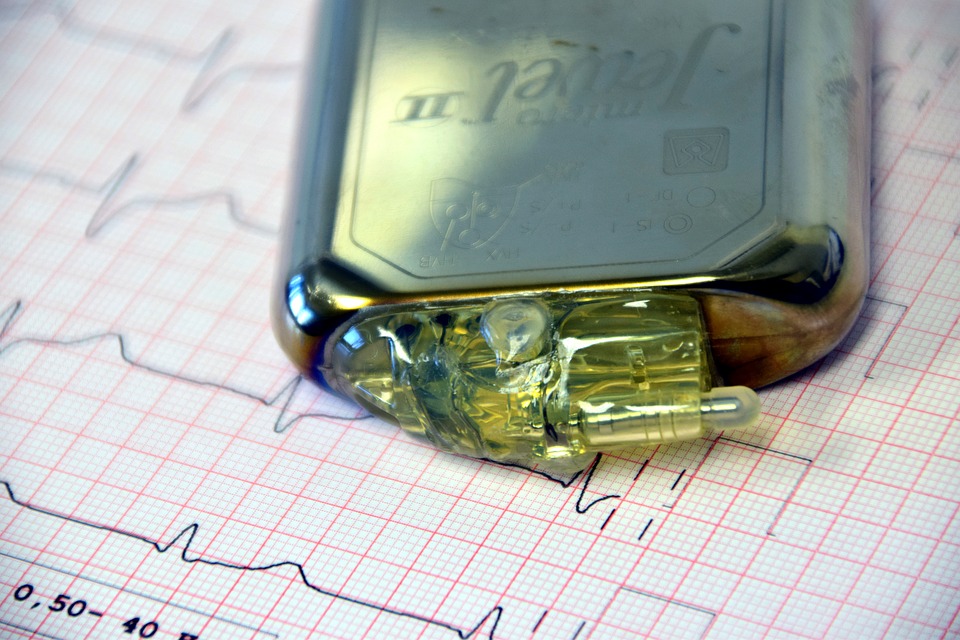What Are The Causes of Myocardial Infarction?
Myocardial infarction is commonly known as a heart attack. The heart is like every other muscle in your body that requires a constant supply of nutrients and oxygen. It has four major arteries. Two of them are big, and supply oxygenated blood. If one artery gets blocked and the blood flow becomes extremely slow, a part of the heart gets deprived of oxygen. If the deprivation lasts for a long time, a heart attack occurs. This is also known as the ‘death of a heart muscle.’
Slow blood flow occurs when the heart is beating too fast, or the person has low blood pressure. Normally, a clot is formed inside the coronary artery that has already narrowed down because of fatty deposits that build up against the wall of the blood vessels. However, if the demand for oxygen is greater than the supply, a heart attack can occur without the formation of the clot.
Each artery’s job is to supply oxygen to specific parts of the heart. As a result, when an artery gets blocked, it causes pain and fails to function properly. Sometimes, most of the coronary arteries supply places of the heart that regulate the heartbeat. A blockage can sometimes cause fatal abnormal heartbeat called cardiac arrhythmias.
Heart attacks are a serious cause for health decline, especially in people that are already suffering from other diseases. Heavy medication also causes the heart to beat faster and put on the extra effort to push the blood through the body.
People who develop these clots have to go through major surgeries like open-heart surgeries and angioplasty to create a gateway for the blood to pass through, in order to give your heart the oxygen it needs to function properly.
Causes of myocardial infarction:
- Atherosclerosis:
This is a disease in which the plaques build up against your arteries. Arteries carry oxygenated blood to the heart that regulates it to the rest of your body. The plaque is made up of cholesterol, fat, and other substances. Over a period of time, the plaque hardens and tightens the passage.
Atherosclerosis is caused by smoking, high blood pressure, and high cholesterol.
- Family History:
Risks are increased if there is a family history of heart disease or stroke that occurred in the family below the age of 55.
- Diabetes:
Over time, high levels of blood glucose can damage your blood vessels and the nerves that control your heart. The longer someone suffers from diabetes, the higher their chances of developing heart disease.
- Inactivity:
Being inactive doesn’t regulate the blood flow as the heart should. The heart then has to do extra work to provide you with the energy that you’re depriving yourself of. It’s advised to do at least 30 minutes of some activity like walking, jogging, and gardening every day to keep your heart healthy. The more inactive someone is, the weaker their heart becomes.
- Obesity:
One of the causes of Atherosclerosis, obesity puts your heart’s health at great risk. The more the fat, the more your heart gets ‘caged’ and is given the extra workload, thus causing high blood pressure.
- Smoking:
The chemicals in tobacco damage your blood cells. Your arteries tighten when you smoke, which makes the heart work harder than it should. Smoking also triggers heart rhythm and raises your blood pressure, which can cause a stroke.
- Drugs:
Excessive use of substances, also known as drugs, can cause dramatic changes in the neurological or biochemical state of a person. The drugs cause damage to your heart and its vessels, causing it to function irregularly and restrict some of its functions.
- Depression:
Depression prevents you from leading a healthy life. Excessive stress puts pressure on your heart, causing irregularity and the creation of clots that block the passageway of the blood flow.
- An autoimmune condition:
Having a condition such as lupus or rheumatoid arthritis increases the risk of a heart attack.
Symptoms of myocardial infarction:
- Pressure, pain, tightness, or an aching feeling in your chest or arms that can spread to your neck and back.
- Cold sweats
- Fatigue
- Shortness of breath
- Nausea
- An overwhelming sense of anxiety
- Coughing or wheezing
- High blood pressure
Although chest pain is often severe, some patients may only experience minor pain that is similar to indigestion. In certain cases, patients may not experience any chest pain at all.
It’s the overall pattern of symptoms that help determine when you’re having a heart attack.
The matters of the heart aren’t supposed to be overlooked. The mentioned reasons are the leading and major causes of a heart attack. Heart attacks cause permanent damage to your health and lifestyle and are a major setback. But times have changed, and so has the way modern medicine works. Heart diseases are treatable, especially when caught on time. A healthy lifestyle and proper treatment can strengthen your heart and provide you a long and good life.
Do not hesitate to get help if you feel any of the symptoms, regardless if it’s a false alarm, and always consult your doctor before taking any medication or introducing yourself to a changed lifestyle. Be mindful of the causes and provide yourself the healthy life you deserve.
The signs of heart attacks are always clear, especially if you are experiencing the causes mentioned above. The heart and the brain are the powerhouses of your body and help you perform normal daily life functions properly. If you feel any of the symptoms, schedule an appointment at South Florida Cardiovascular Specialists immediately to receive the best treatment.





